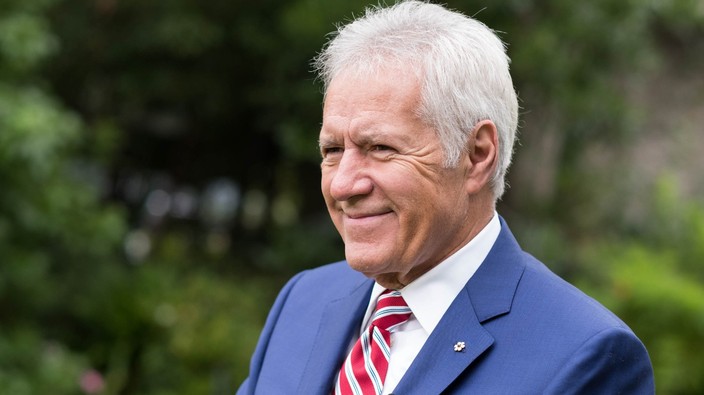chemo can prolong survival for pancreatic cancer. so why aren't people getting it?
researchers want to debunk the idea advanced pancreatic cancer, like the kind dealt alex trebek, isn't worth treating.
ruth bader ginsburg: a reminder we need treatment
death of feminist icon highlights need for earlier diagnosis and effective treatments.
 4 minute read
4 minute read








